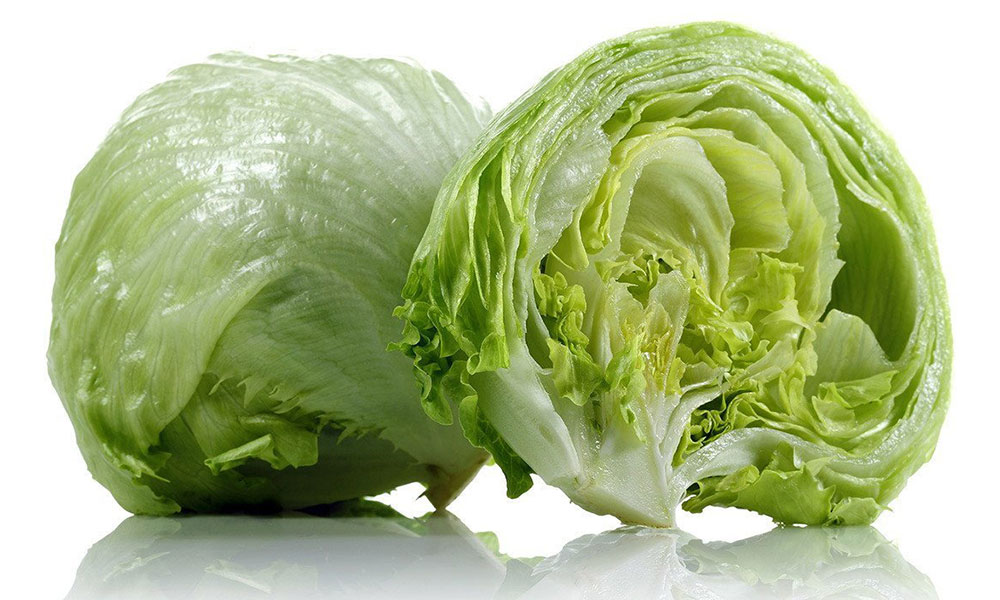Coconut Ice Cream
- 20 Apr - 26 Apr, 2024

Lettuce provides 15 calories per 100gm; 0.2g fat, 1.4g of protein, 2.9g of carbohydrates, 28mg of sodium and 194mg of potassium.
· According to historical documents, lettuce was already cultivated in Ancient Egypt as far back as 6,000 years ago. From the Middle East, lettuce cultivation spread to Europe and other parts of the world. Italian explorer, Christopher Columbus, introduced the lettuce to America during his second voyage to the New World in 1494.
· “Lettuce” is a modern derivative of the term “lactuca,” which was what the ancient Greeks and Romans called the vegetable in the past.
· China is the world’s largest producer of lettuce. Almost 50 per cent of it being consumed today is grown by the Chinese.
· Lettuce is always eaten fresh. Because of its high water content (95%), it cannot be frozen or canned.
· The lettuce that the Greeks and Romans ate in ancient times had sleep-inducing properties. This property, however, has already been bred out of the current varieties of lettuce.
· When storing lettuce, it should be kept away from fruits that emit ethylene, such as apples and bananas. Ethylene is a gas that hastens the ripening process of certain fruits and will cause lettuce to decay much faster.
· If you want to maximise the health benefits from eating lettuce, choose leaves that are darker in colour, as these contain more nutrients.
· Lettuce is extremely low-calorie and perfect as a weight-loss food. A cup of raw lettuce has less than 10 calories.
· Lettuce contains moisture, energy, protein, fat, carbohydrates,dietary fiber, and sugars.
· The minerals and vitamins found in lettuce include calcium, iron, magnesium, phosphorus, potassium, sodium, zinc along with vitamins like thiamin, riboflavin, niacin, folate, vitamin B-6, C, A, E and vitamin K.
· Some of the health benefits of lettuce include lowering cholesterol levels, cancer control, protection of neurons, anxiety control, lowering inflammation and providing antioxidants.
Studies have shown that lettuce possesses antioxidants with significant free radical-scavenging capabilities. They act as barriers to free radicals, which are produced during cellular metabolism and attack healthy tissues, cells and the DNA inside them. They can often cause healthy cells to mutate into cancer cells. The result is the development of various diseases. Antioxidants on the other hand, counteract these free radicals and neutralise them before they take place.
COMMENTS